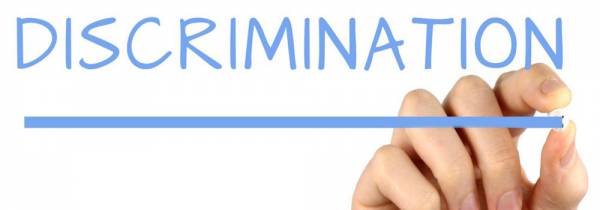
MOHFW
Implemented the HIV/AIDS Act on sept. 10, 2018 to protect rights of the
patient living with HIV/AIDS. The Act prohibits any kind of
discrimination against such people on the ground of treatment,
employment and workplace. Violation of this act leads to imprisonment of
up to 2 years or a fine of up to ₹1 lakh.
The Ministry of Health and Family Welfare (MOHFW) has announced the implementation of the HIV/AIDS Act, 2017 starting September 10, 2018. The Act prohibits discrimination against HIV people in terms of treatment, employment and workplace. This is the first time in India that people living with HIV/AIDS have got a specific law tailored to protect them.
The Ministry of Health and Family Welfare (MOHFW) has announced the implementation of the HIV/AIDS Act, 2017 starting September 10, 2018. The Act prohibits discrimination against HIV people in terms of treatment, employment and workplace. This is the first time in India that people living with HIV/AIDS have got a specific law tailored to protect them.
According to this act, no person shall
be compelled to disclose his/her HIV status for obtaining employment or
services, except with their informed consent and if required by a court
order.
The act ensures several rights of the people living with HIV/AIDS, like the right to property, the right to employment and the right to hold public offices. In cases of a violation, the act makes provisions for addressing the problems.
The act ensures several rights of the people living with HIV/AIDS, like the right to property, the right to employment and the right to hold public offices. In cases of a violation, the act makes provisions for addressing the problems.
The act makes a provision with a fine of ₹1 lakh & imprisonment of up to 2 years
for disclosing the HIV status of a person if done in the absence of any
court order. This act helps to control the spread of the disease and
emphasizes on treatment options.
Also, the Central Government issued the
necessary guidelines with respect to protocols for HIV and AIDS-related
diagnostic facilities. An ombudsman or nodal officer will be appointed
by each state government to inquire into complaints related to the
violation of the Act and the provision of health care services.
According to this Act, a person with the
age between 12 to 18 years, who has sufficient maturity in
understanding and managing the affairs of his HIV or AIDS-affected
family, shall be capable to act as a guardian of another sibling below
18 years of age. This provision will be applicable in the cases relating
to admission to educational establishments, managing property, operating bank accounts, care, and treatment.
Source: The New Indian Express


No comments:
Post a Comment